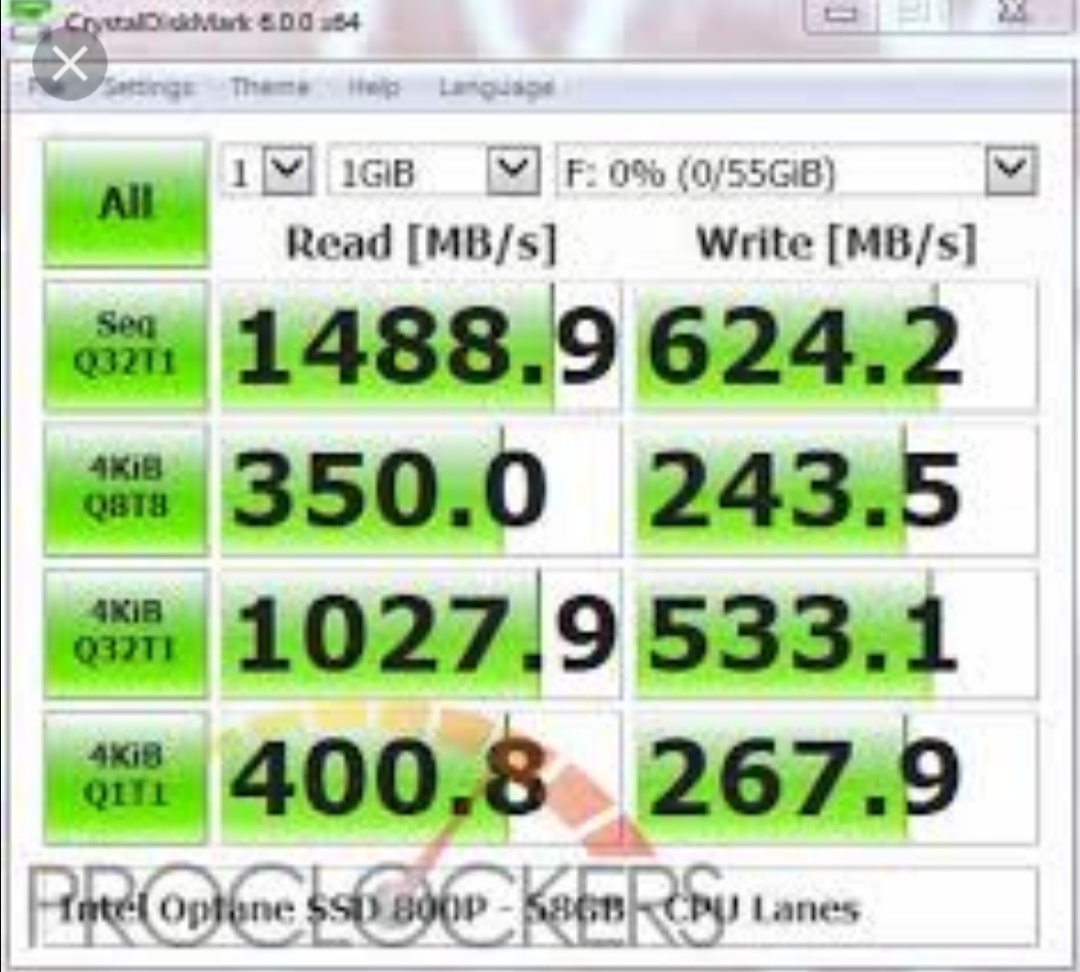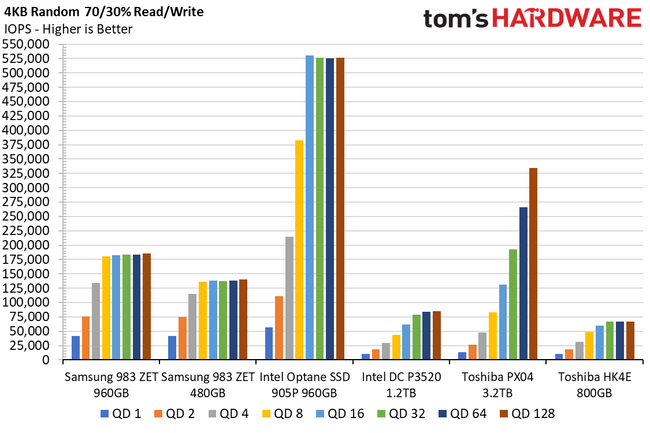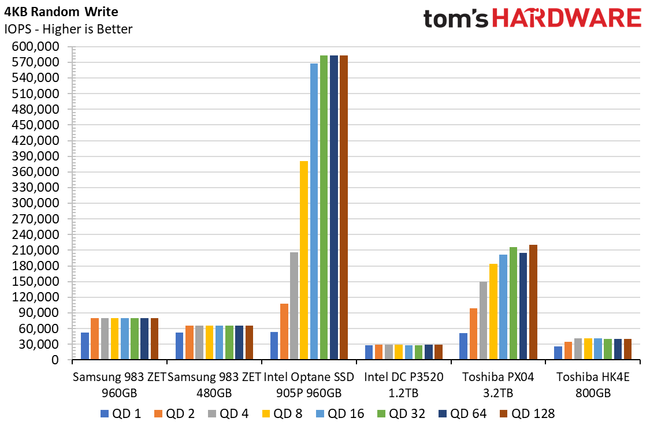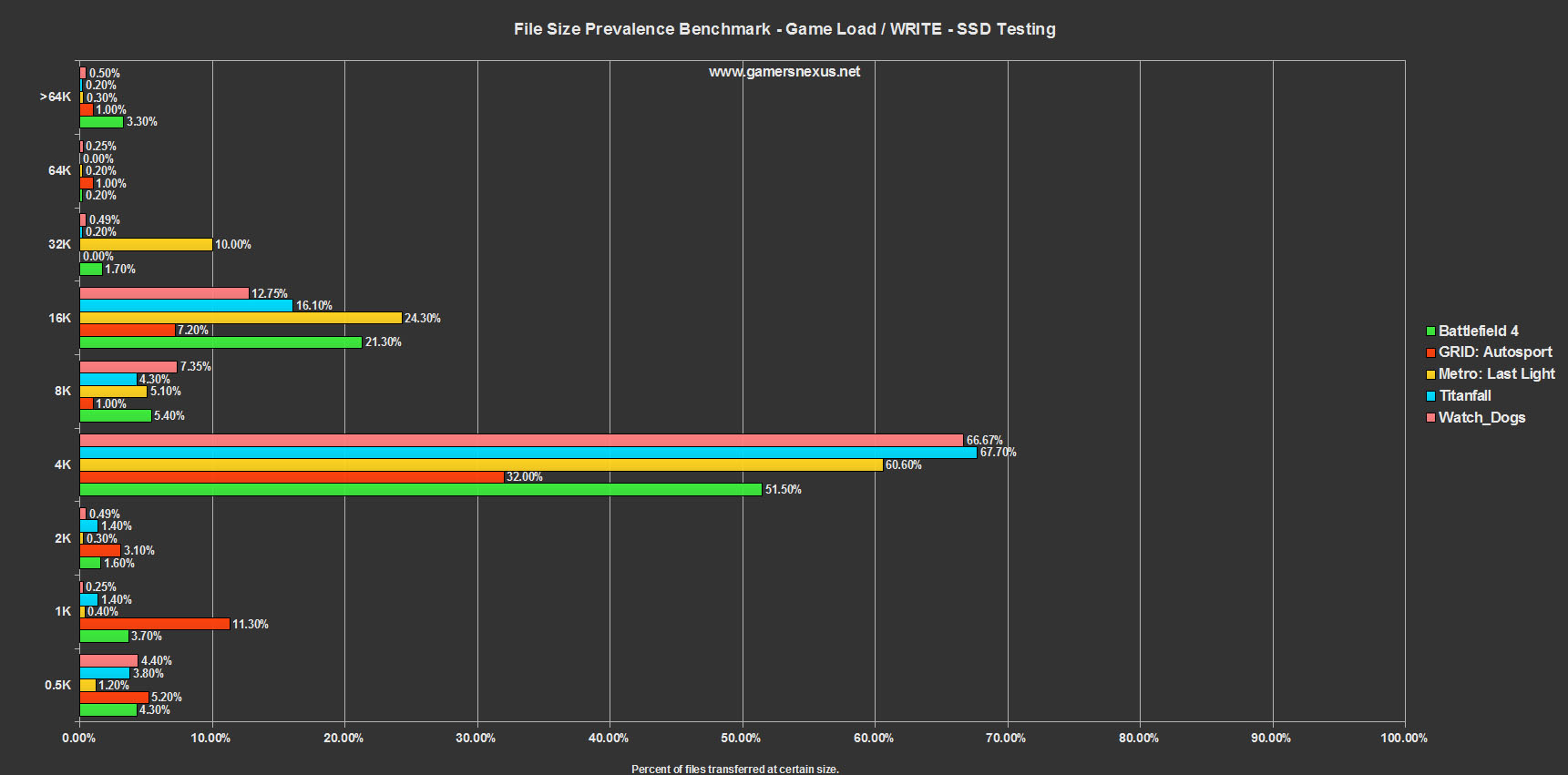Yeah an ssd is not DRAM at all for access latency, it is why Intel Optane exists and helps bridge that gap better than an Nvme.
I wrote it on ResetERA a long time ago, but the performance chunk that enables Star Citizen's steaming performance is not the full large file continuous bandwidth which is actually not going to be maxing out usually anyway, but the 4K random performance - that is the value which is an order of magnitude faster than an hdd and makes the game's steaming possible (it is also the value which best represent the responsive ess of the tested memory vomponent, and why an ssd makes Windows feel light years better on an ssd than a RAID 0 config with similar large file bandwidth). If you Look at crystalmark numbers, you can see how an Nvme is not too much faster than a sata ssd in 4K random, ven though an Nvme can have 5-7 times higher lsrge file raw bandwidth. But if you Look at crystalmark Mark with Optane, you can see a really comparatively large jump in 4k random performance vs. An nvme.

Some random Intel Optane bench found though Google images:

I wrote it on ResetERA a long time ago, but the performance chunk that enables Star Citizen's steaming performance is not the full large file continuous bandwidth which is actually not going to be maxing out usually anyway, but the 4K random performance - that is the value which is an order of magnitude faster than an hdd and makes the game's steaming possible (it is also the value which best represent the responsive ess of the tested memory vomponent, and why an ssd makes Windows feel light years better on an ssd than a RAID 0 config with similar large file bandwidth). If you Look at crystalmark numbers, you can see how an Nvme is not too much faster than a sata ssd in 4K random, ven though an Nvme can have 5-7 times higher lsrge file raw bandwidth. But if you Look at crystalmark Mark with Optane, you can see a really comparatively large jump in 4k random performance vs. An nvme.

Some random Intel Optane bench found though Google images:

Last edited:



